Analysts think Microsoft's data center rollback is bad news for the AI boom – but the company says not to worry
Changes to data center plans are minor strategic adjustment, Microsoft said

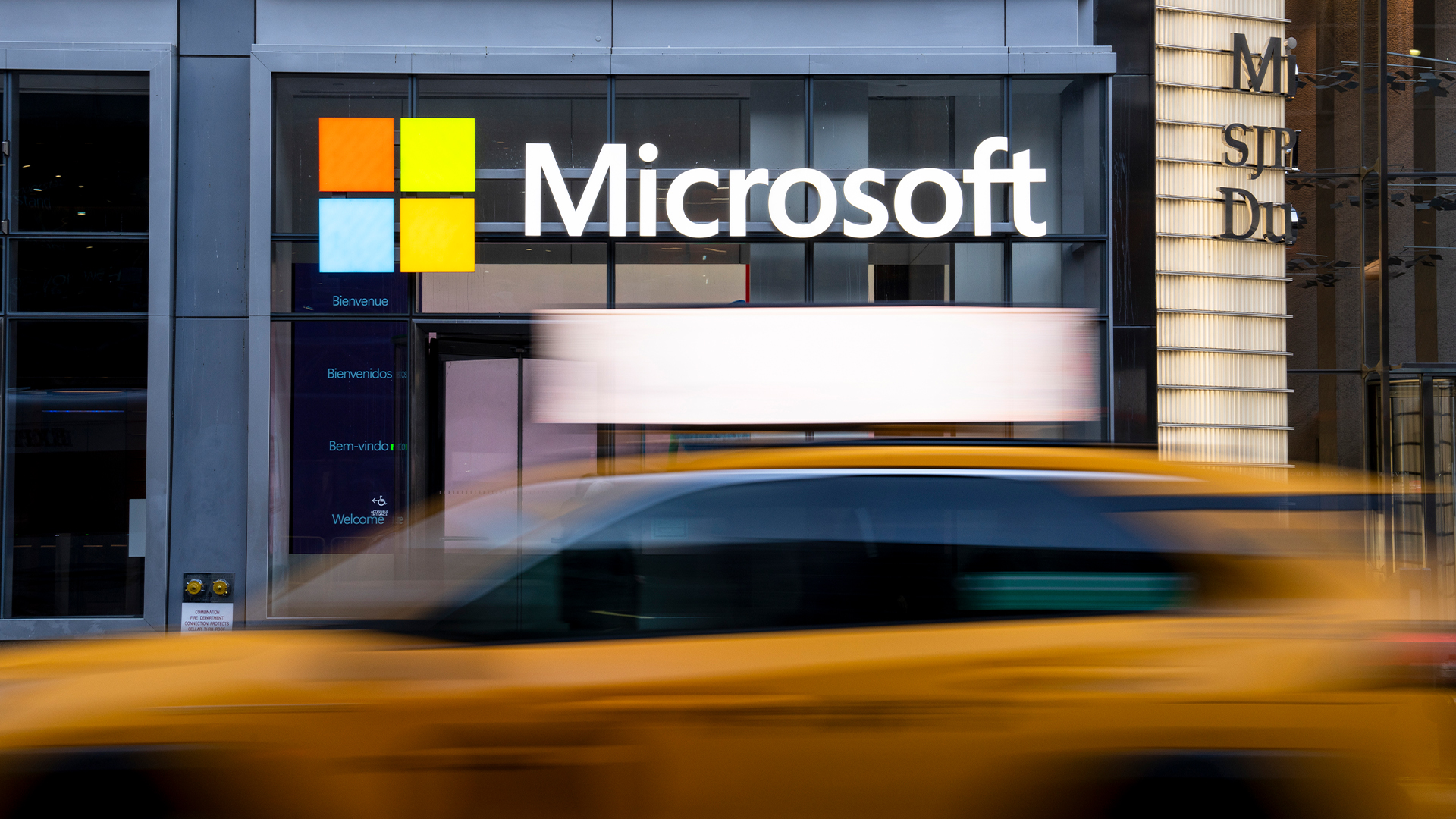
Sign up today and you will receive a free copy of our Future Focus 2025 report - the leading guidance on AI, cybersecurity and other IT challenges as per 700+ senior executives
You are now subscribed
Your newsletter sign-up was successful
Microsoft has reportedly ended leases for a significant amount of data center capacity, sparking debate over whether the AI boom is starting to falter.
A note from analysts at TD Cowen claimed Microsoft had cancelled leases in the US at two separate data center operators, pulled out of yet to be signed leases, and shifted some of its international spending to the US.
"When coupled with our prior channel checks, it points to a potential oversupply position for Microsoft," the analysts wrote, noting that some of that now cancelled investment was previously tied to expected increases in OpenAI workloads, as Microsoft is its biggest provider.
That could be set to change amid a government-led push to spur $500 billion in investment in AI infrastructure known as Stargate, and as OpenAI works with other partners including Oracle.
The apparent pullback on data centers runs counter to Microsoft's previously stated plans, with the company pledging to invest $80bn in data centers this year, with CFO Amy Hood saying in an earnings call that Microsoft was "short of power and space".
Business as usual for Microsoft?
Microsoft didn't comment directly on the analyst note, but said in a statement sent to journalists that those investment plans remain unchanged — suggesting it believes the AI boom is here to stay.
"Thanks to the significant investments we have made up to this point, we are well positioned to meet our current and increasing customer demand," a spokesperson said. "Last year alone, we added more capacity than any prior year in history."
Sign up today and you will receive a free copy of our Future Focus 2025 report - the leading guidance on AI, cybersecurity and other IT challenges as per 700+ senior executives
"While we may strategically pace or adjust our infrastructure in some areas, we will continue to grow strongly in all regions. This allows us to invest and allocate resources to growth areas for our future,” they added.
“Our plans to spend over $80bn on infrastructure this FY remains on track as we continue to grow at a record pace to meet customer demand."
Build better AI, not just bigger
Microsoft's move might be a welcome sign that the industry is maturing in its attitude towards AI, according to one industry expert.
Aiimi CTO Paul Maker noted the pull back suggests they are “reassessing the bigger is better approach that has dominated AI over the past couple of years.
"It signals a shift from blind expansion to a more practical and realistic mindset. They are likely realizing that scaling AI for scale’s sake is not sustainable,” Maker said.
Since the start of the generative AI ‘boom’ in late 2022, major tech players such as Microsoft have been fighting a war of attrition with competitors to roll-out larger models with enhanced capabilities.
But the industry has been moving toward smaller AI models, and placing a particular emphasis on developing those that can be run locally on devices.
The arrival of DeepSeek, the Chinese model that requires less compute to operate at a similar level to American rivals, may further fuel this approach.
Maker noted that it’s not entirely down to the DeepSeek bombshell. Instead, it could be down to slower than expected adoption rates.
"The big players have been racing to build enormous compute capacity, assuming AI adoption would explode. But real adoption has been slower than expected," he added. "Not because the models are not powerful enough but because businesses do not need them at that scale."
RELATED WHITEPAPER
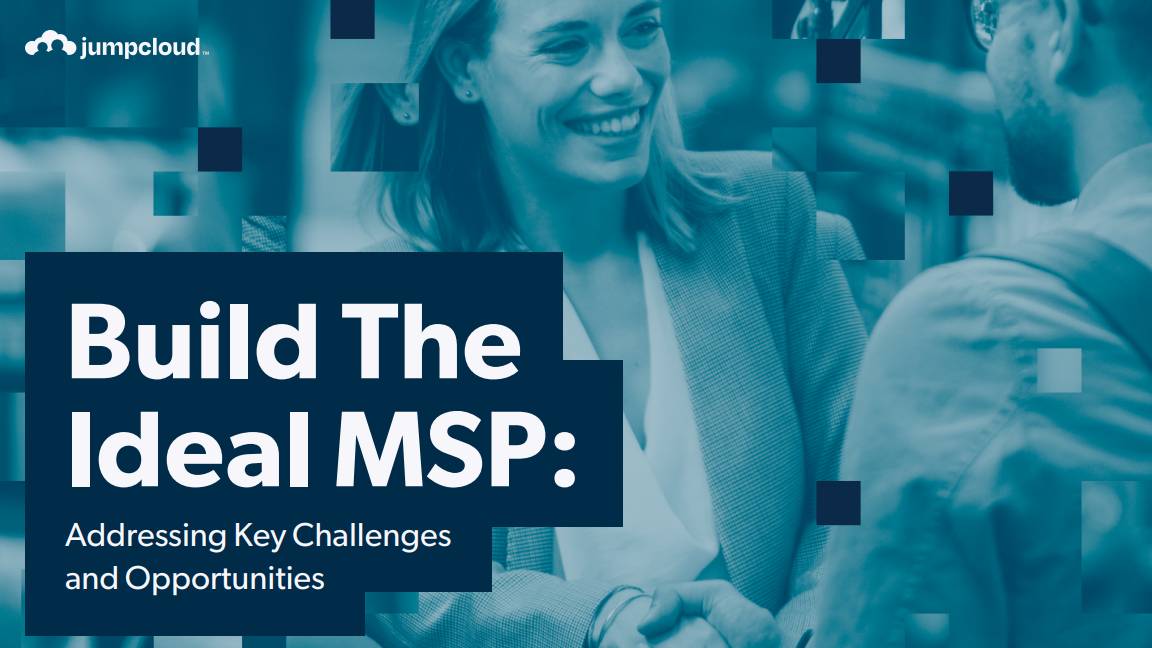
He called for AI developers to refocus on creating value for businesses, asking them to consider what exactly businesses will use AI for — in other words, building use cases instead of larger models.
"The hard truth is that this is the only way they will generate real ROI and drive value," Maker added.
"If businesses cannot actually use these models they are not worth investing in… this could mark a welcome broader shift from an arms race in compute to AI that companies can actually use."
MORE FROM ITPRO
- INSERT CONTENT
Freelance journalist Nicole Kobie first started writing for ITPro in 2007, with bylines in New Scientist, Wired, PC Pro and many more.
Nicole the author of a book about the history of technology, The Long History of the Future.
-
 Hackers are pouncing on enterprise weak spots as AI expands attack surfaces
Hackers are pouncing on enterprise weak spots as AI expands attack surfacesNews Potent new malware strains, faster attack times, and the rise of shadow AI are causing havoc
-
 Boards are pushing for faster returns on AI investments, and tech leaders can't keep pace
Boards are pushing for faster returns on AI investments, and tech leaders can't keep paceNews AI projects are now being held to the same standards as any other business investment
-
 Pulsant unveils high-density data center in Milton Keynes
Pulsant unveils high-density data center in Milton KeynesNews The company is touting ultra-low latency, international connectivity, and UK sovereign compute power to tempt customers out of London
-
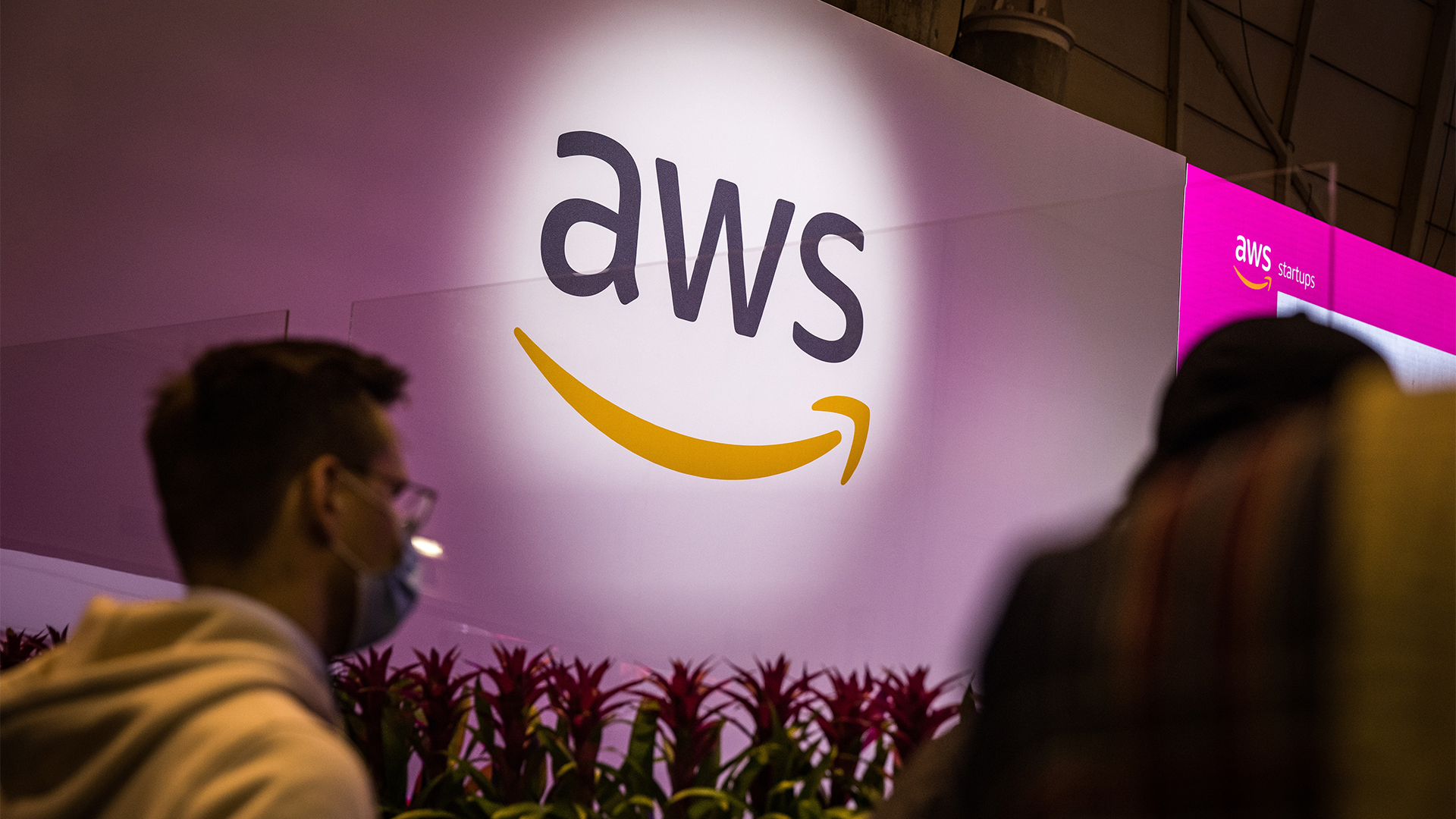 Grid constraints are slowing down AWS infrastructure plans across Europe – and research shows it's only going to get worse
Grid constraints are slowing down AWS infrastructure plans across Europe – and research shows it's only going to get worseNews Efforts by AWS to expand data center infrastructure across Europe face severe delays due to sluggish grid connection practices, a senior company figure claims.
-
 What is Microsoft Maia?
What is Microsoft Maia?Explainer Microsoft's in-house chip is planned to a core aspect of Microsoft Copilot and future Azure AI offerings
-
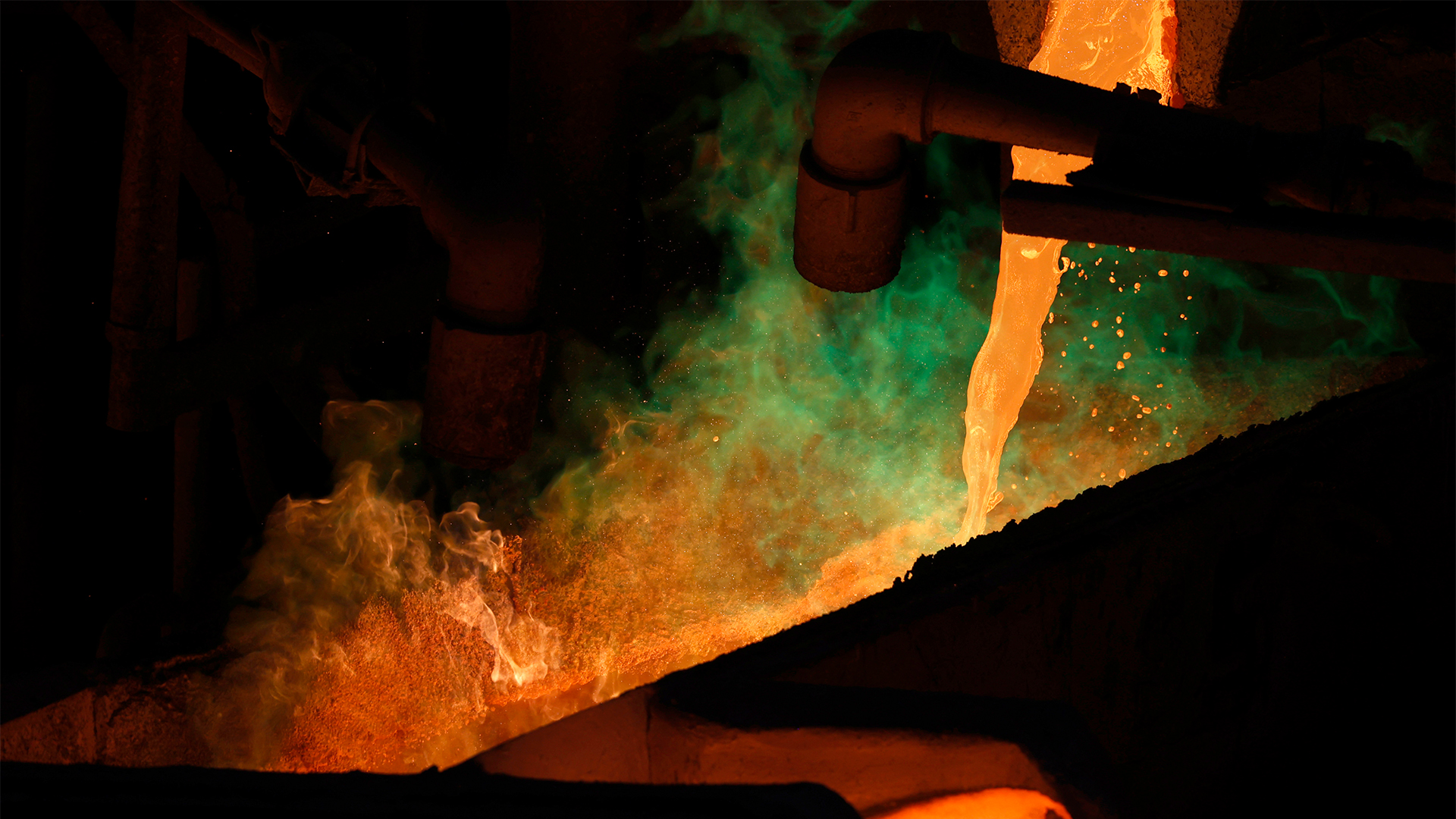 AI’s future rests on copper, and global supply shortages could hamper big tech infrastructure plans
AI’s future rests on copper, and global supply shortages could hamper big tech infrastructure plansNews Copper supply bottlenecks could put a huge dent future big tech infrastructure plans
-
 Google drops $4.75bn on data center and energy firm Intersect
Google drops $4.75bn on data center and energy firm IntersectNews The investment marks the latest move from Google to boost its infrastructure sustainability credentials
-
 Pure DC’s announces 'Europe’s largest standalone hyperscale data center lease' in Amsterdam — but who is the mystery customer?
Pure DC’s announces 'Europe’s largest standalone hyperscale data center lease' in Amsterdam — but who is the mystery customer?News The company is now constructing a 78MW campus in Westpoort, Amsterdam
-
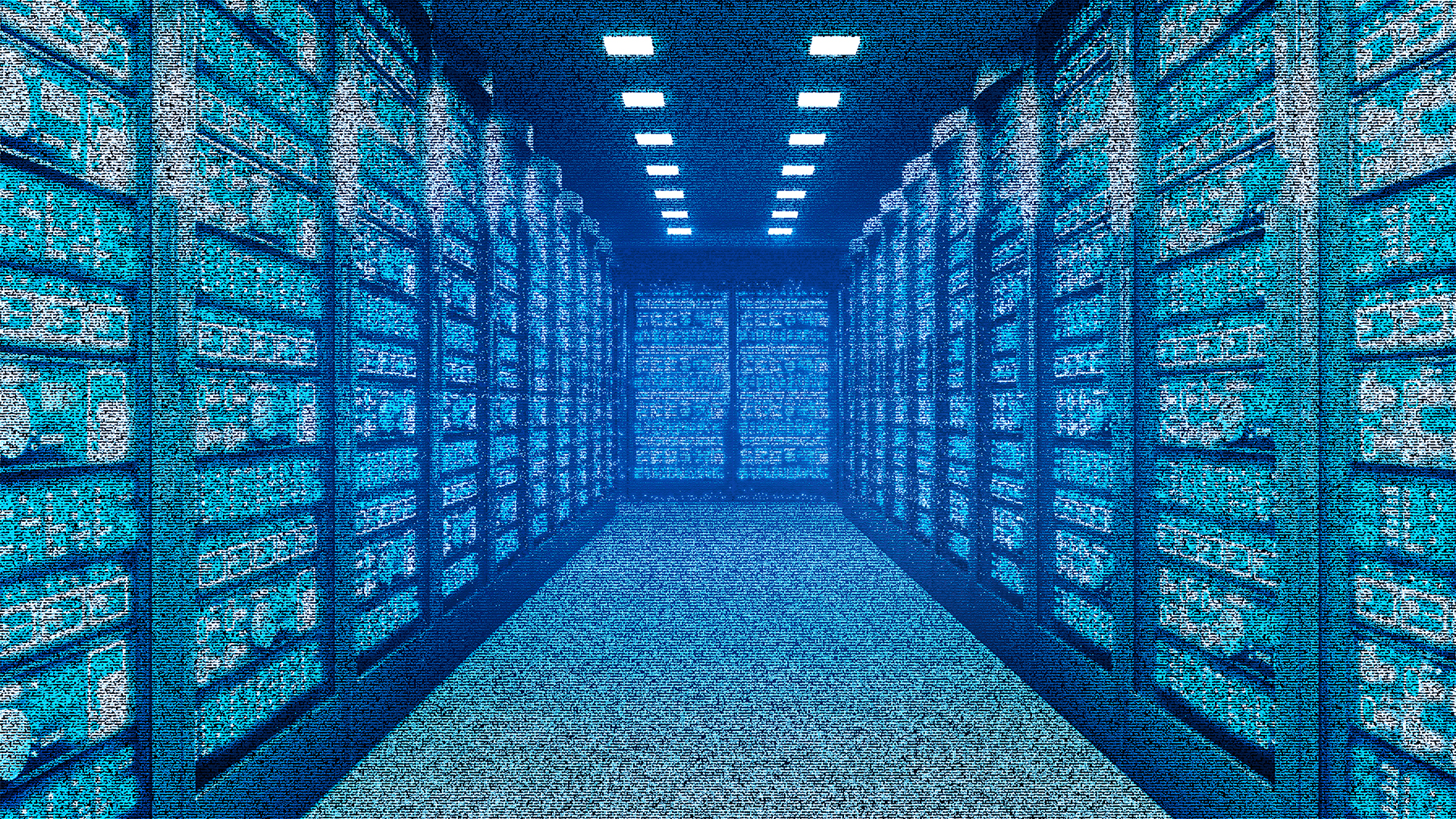 Can data center supply keep up with AI demand?
Can data center supply keep up with AI demand?News New research from Goldman Sachs points to a precarious balancing act for data center operators
-
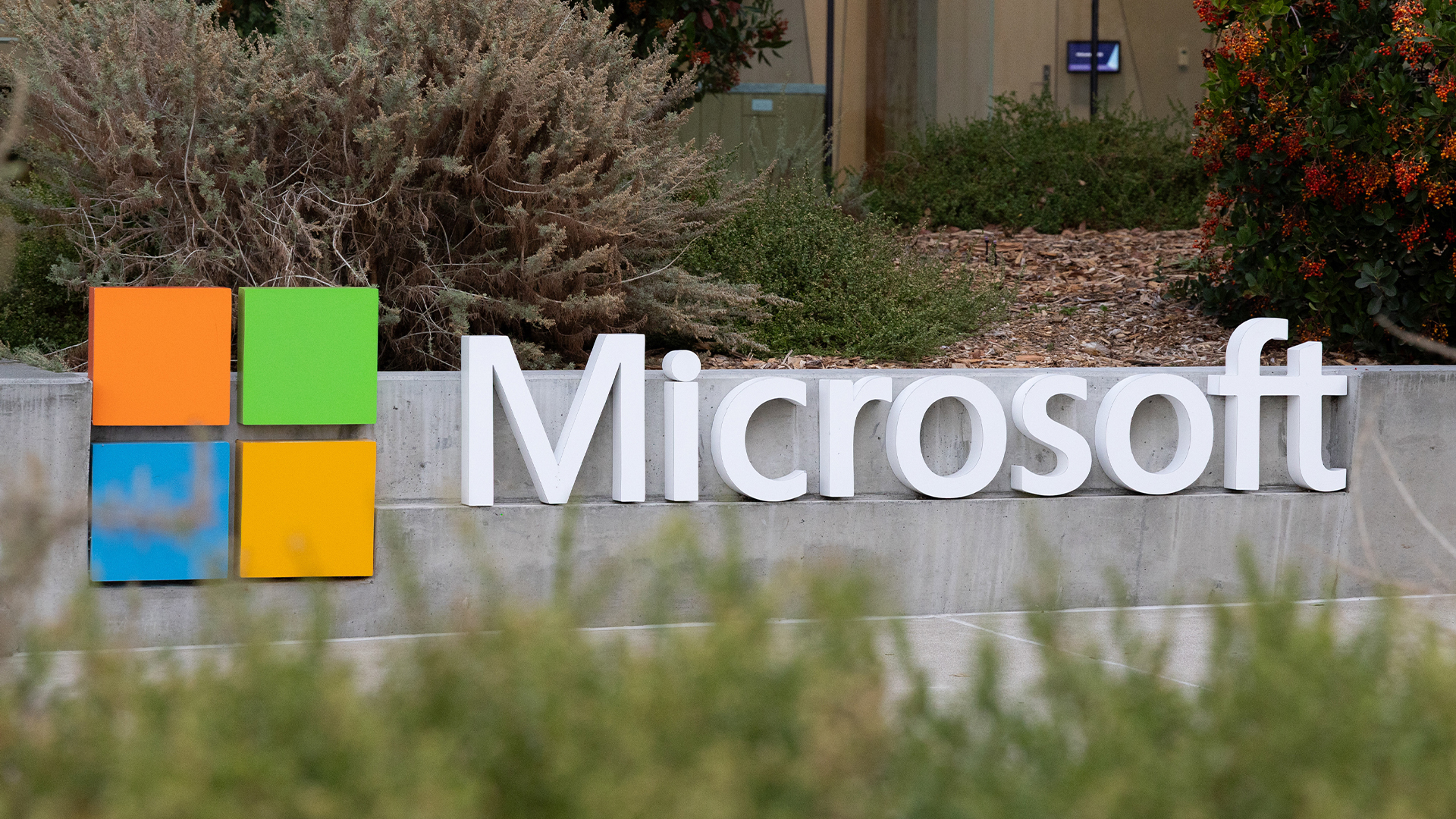 The Microsoft Azure outage explained: What happened, who was impacted, and what can we learn from it?
The Microsoft Azure outage explained: What happened, who was impacted, and what can we learn from it?News Microsoft has confirmed its Azure services are back online after a major outage impacted services across multiple regions – here's everything you need to know.
